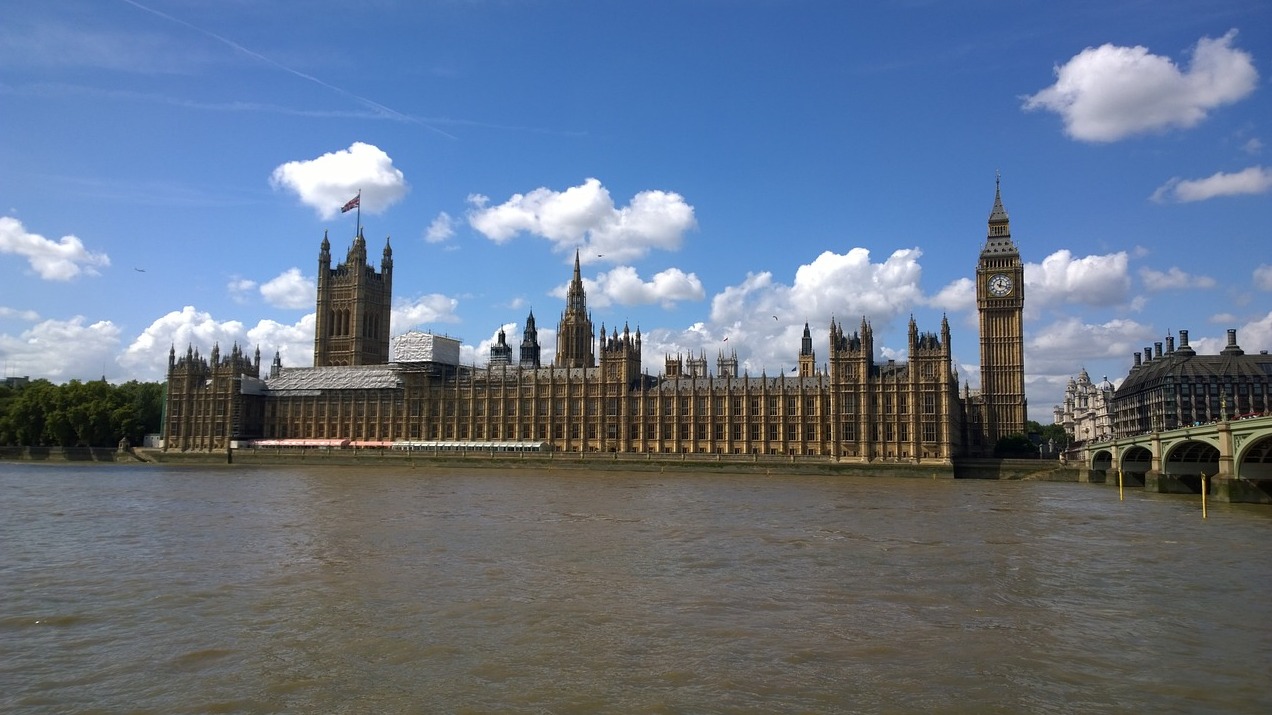The UK government has announced it intends to crack down on predators who create sexually explicit “deepfakes”, with some potentially facing prosecution under a new offence.
The government said the proliferation of these hyper-realistic images has grown at an “alarming” rate and has caused devastating harm to victims, particularly women and girls who are often the target.
Under the plans, the government will introduce a new offence meaning perpetrators could be charged for both creating and sharing sexually explicit deepfake images of someone without their consent.
Currently it is only an offence to take an image without consent in certain circumstances such as upskirting. It is already an offence to share intimate images without consent.
The government will also create new offences for the taking of intimate images without consent and the installation of equipment with intent to commit these offences.
It said anyone who takes an intimate image without consent faces up to two years’ custody.
Those who install equipment so that they, or someone else, can take intimate images without consent also face up to two years behind bars.
The new offences will be included in the Government’s Crime and Policing Bill, which will be introduced when parliamentary time allows.
The move follows government plans announced in September 2024 to add sharing intimate image offences as priority offences under the Online Safety Act, which came into force at the end of last year.
Baroness Jones, technology minister, said that the sharing of deepfake images could be “deeply damaging” for women and girls and tech companies hosting this content will face tougher scrutiny and penalties.
“The rise of intimate image abuse is a horrifying trend that exploits victims and perpetuates a toxic online culture,” she added. “With these new measures, we’re sending an unequivocal message: creating or sharing these vile images is not only unacceptable but criminal.”
In October last year, domestic abuse charity Refuge called on the government to make tackling technology-facilitated abuse a key part of its plan to halve violence against women and girls.
Refuge said it saw a rise of 258 per cent in survivor cases involving technology between 2018 and 2022, adding that this represents “just the tip of the iceberg.”
Latest News
-
The top technology trends to expect in 2026
-
The most read National Technology News stories of 2025
-
Lyft and Uber sign deals with Baidu for robotaxi trial in London
-
Nextdoor launches AI-driven self-serve ads platform for small businesses
-
Italy's antitrust fines Apple €98.6m over alleged App Store dominance
-
Visa partners with UAE real estate firm to launch voice-enabled agentic commerce payments
The future-ready CFO: Driving strategic growth and innovation
This National Technology News webinar sponsored by Sage will explore how CFOs can leverage their unique blend of financial acumen, technological savvy, and strategic mindset to foster cross-functional collaboration and shape overall company direction. Attendees will gain insights into breaking down operational silos, aligning goals across departments like IT, operations, HR, and marketing, and utilising technology to enable real-time data sharing and visibility.
The corporate roadmap to payment excellence: Keeping pace with emerging trends to maximise growth opportunities
In today's rapidly evolving finance and accounting landscape, one of the biggest challenges organisations face is attracting and retaining top talent. As automation and AI revolutionise the profession, finance teams require new skillsets centred on analysis, collaboration, and strategic thinking to drive sustainable competitive advantage.
© 2019 Perspective Publishing Privacy & Cookies









Recent Stories